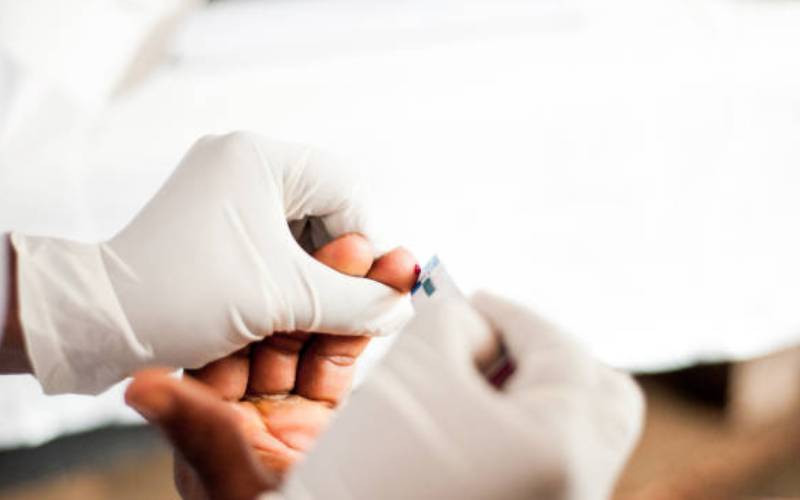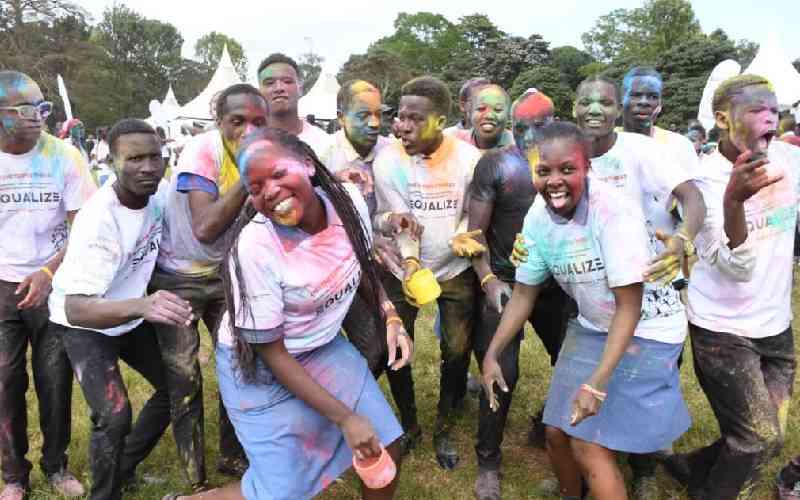Having lived and worked in Kenya, I have seen and experienced first-hand the strength and potential of its people and the country’s leadership role in East Africa.
The post-Moi years, in particular, highlighted the country’s resilience and ability to grow, despite its difficult past.
But the post-election violence of 2007 and 2008 shocked everybody.
It tore apart the nation.
When a power-sharing agreement was finally reached, the government was able to restore hope by publicly committing to the need for thorough investigations in the aftermath of the violence.
Only by establishing the truth, and delivering justice and reparations to the victims, could Kenya begin to heal and turn the page.
In the six years that have passed since then, the extent of the violence has been widely discussed, not just in Kenya, but around the world.
The world’s attention has been fixed squarely on the government’s political manoeuvrings at the African Union and elsewhere in an attempt to avoid prosecution by the International Criminal Court of President Uhuru Kenyatta, Deputy President William Ruto and journalist Joshua arap Sang.
This attention has, sadly, done little to help victims of the violence.
More than 1,100 people were killed, 660,000 were displaced and thousands more were injured in beatings, machete attacks, rapes and police shootings.
But beyond these headline-grabbing numbers, the world knows little about the victims and their current needs.
At Amnesty International, we have just released a report highlighting testimonies of victims of the violence.
One woman we spoke to from Nairobi’s Mathare settlement, told Amnesty International how she and her husband had been attacked by men wielding machetes.
She was fleeing them when a police officer on patrol offered to take her to his home to get assistance from his wife. When they arrived to an empty house, the police officer raped her. She is now living with HIV.
This woman knew the police officer who had raped her—he is still working at a nearby police station. But she gave up on reporting the crime to the police because, whenever she tried, she was asked to pay bribes or provide original documents as evidence.
Stay informed. Subscribe to our newsletter
The victims feel disillusioned and shut out from the justice system for a wide range of reasons: some have been told that they do not have the right papers, while others have been ‘turned away’ by the police and many more fear repercussions if they talk.
While it is important to recognise that the government has provided support for some internally displaced people, this has been limited and has reached too few.
Kenya’s justice system has categorically failed to address the needs of the hundreds of thousands of victims of the post-election violence.
Amnesty International is now urgently calling on the Government of Kenya to fulfil its obligations to provide truth, justice and reparation, and ensure that all victims of the violence have their voices heard.
As a first step, the government must conduct further investigations into the 4,000 cases that the Director of Public Prosecutions has stated lack sufficient evidence to proceed to trial; prioritising investigations into crimes committed by the police and other security services.
This would at least help send a signal to Kenyans that there is a genuine political will for justice. Secondly, the government should act now to set up the Committee for the Implementation of the Recommendations of the Truth, Justice and Reconciliation Commission and implement a national framework for ensuring victims of the violence get the reparations they are entitled to.
It is a travesty that the approach to reparations has been so piecemeal to date.
Thirdly, we are calling on the government to fully cooperate with the International Criminal Court. Nearly all of the 49 victims interviewed by Amnesty International supported the ICC’s efforts to investigate and prosecute the crimes committed in the post-election violence. Their chance to receive justice must not be obstructed.
Finally, the government must do everything it can to ensure the protection of victims, witnesses and human rights defenders working on cases of post-election violence and international justice.
It is unacceptable that people are feeling increasingly afraid of reprisals in today’s politicised environment.
 The Standard Group Plc is a
multi-media organization with investments in media platforms spanning newspaper
print operations, television, radio broadcasting, digital and online services. The
Standard Group is recognized as a leading multi-media house in Kenya with a key
influence in matters of national and international interest.
The Standard Group Plc is a
multi-media organization with investments in media platforms spanning newspaper
print operations, television, radio broadcasting, digital and online services. The
Standard Group is recognized as a leading multi-media house in Kenya with a key
influence in matters of national and international interest.
 The Standard Group Plc is a
multi-media organization with investments in media platforms spanning newspaper
print operations, television, radio broadcasting, digital and online services. The
Standard Group is recognized as a leading multi-media house in Kenya with a key
influence in matters of national and international interest.
The Standard Group Plc is a
multi-media organization with investments in media platforms spanning newspaper
print operations, television, radio broadcasting, digital and online services. The
Standard Group is recognized as a leading multi-media house in Kenya with a key
influence in matters of national and international interest.








